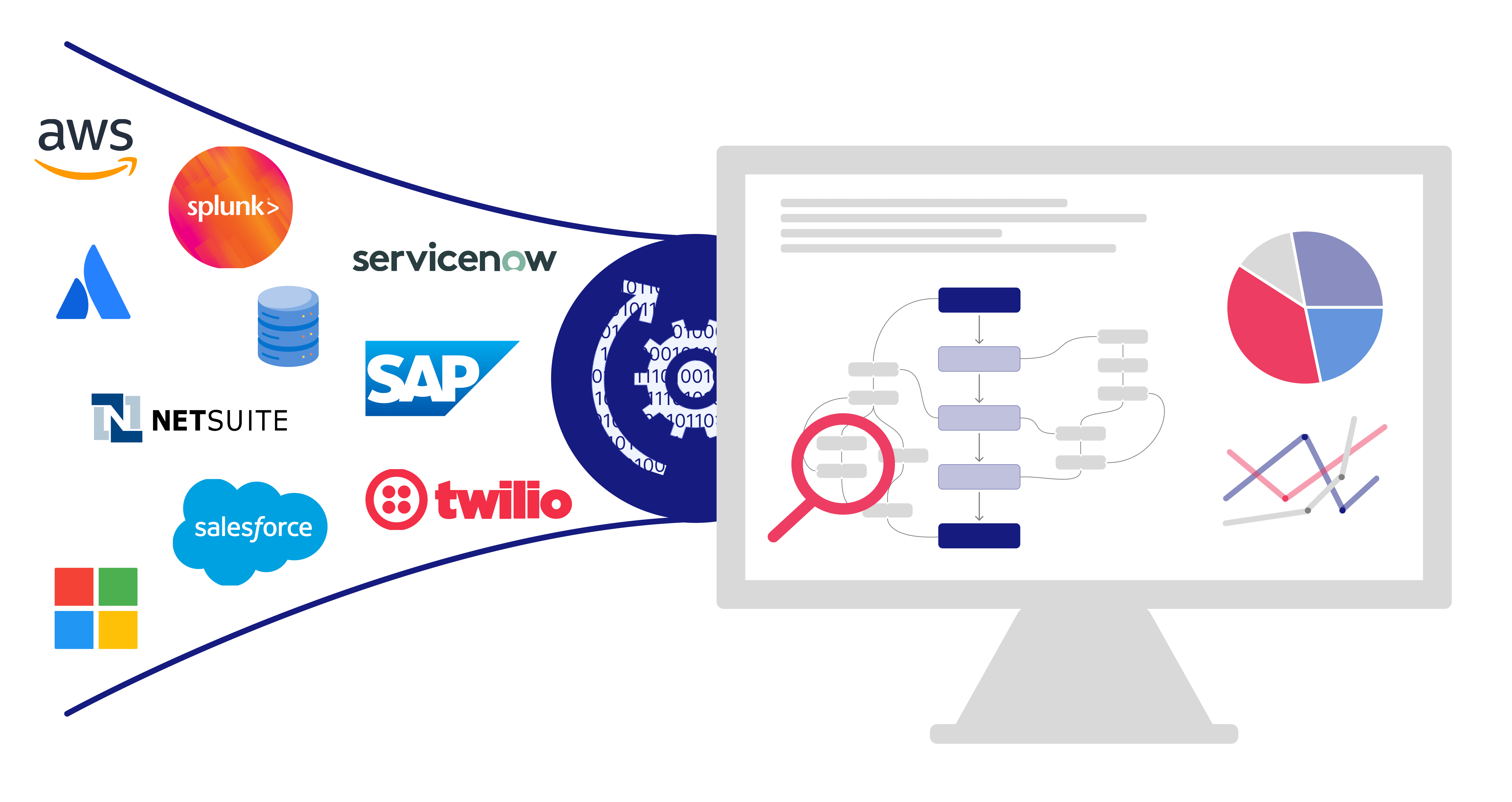Close
- Home
- Our Services
Our Partners

Decisions

PointingFish
- Insights
- About us
- Home
- Our Services
Our Partners

Decisions

PointingFish
- Insights
- About us
Close
Close
- Home
- Our Services
Our Partners

Decisions

PointingFish
- Insights
- About us




